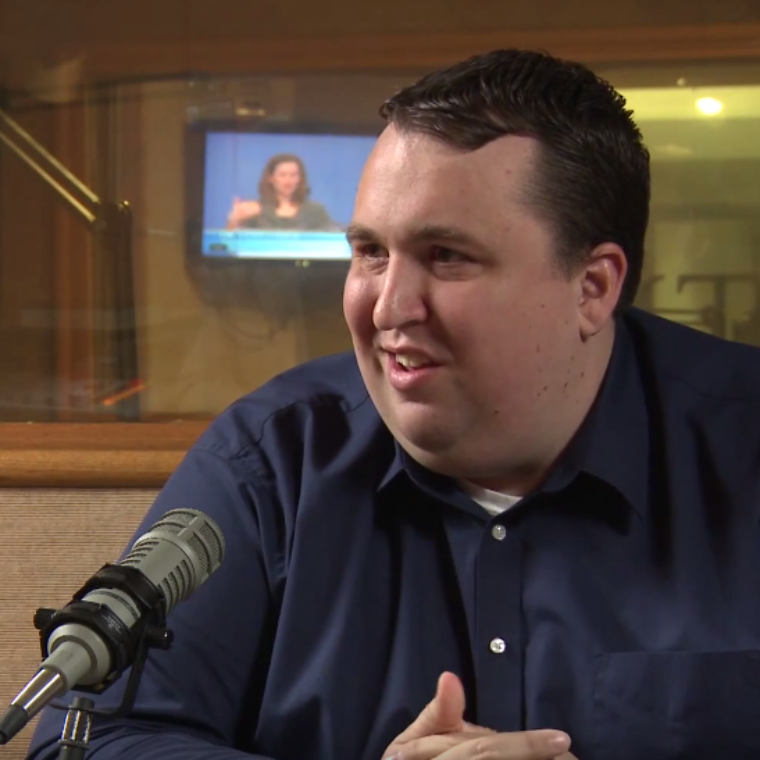Clinical Training
Serving the underserved
The philosophy of our clinical training flows from the practitioner-scholar model and the program mission. Consistent with program mission, the majority of clinical training sites serve underserved and marginalized patients. During doctoral study, the student forms the foundation upon which all later clinical development will occur. The experiences that students receive in their practicum training are central to their development. Habits and skills will be formed which will limit or enhance the student's subsequent professional development. In light of their importance, it is imperative that these practicum training experiences be directed by the faculty who also oversee the other aspects of the students' training.
At the core of our program's identity is our commitment to Christian distinctiveness. The assignment of practicum students to Practicum Seminar Groups instructed by a clinical faculty member assures that each student receives oversight from Christian clinical psychologists during the early formative years of the program.
The general philosophy of training entails a process of gradual introduction of the student into the responsibilities of the clinician. As greater knowledge and skill are developed, a greater level of responsibility and autonomy is given. While those outside of the psychology program have substantial input into the students' training through clinical supervision, the oversight and final responsibility of that training must remain with the psychology department faculty.
All students complete a minimum of 10 testing batteries and 15 cases of a minimum of 6 sessions each (including individual, couple or family and group) with a distribution of these cases across the lifespan.
Wheaton College students participate each year in the program's Practicum Information Exchange when clinical training partners across Chicagoland come to Wheaton College's campus.
Students have access to a competitive range of training contexts in the Chicago area serving a diverse group of patients under the supervision of licensed clinical psychologists. These contexts include community mental health centers, medical centers and hospitals, Veterans Affairs medical centers, private psychiatric hospitals, university counseling centers, residential centers and outpatient group practice.
2014 - 2017 Practicum Experiences
Total: 143
- College Counseling Center: 12%
- Community mental health: 29%
- Forensic/correctional facility: 6%
- Hospital/medical center: 14%
- Independent practice: 30%
- University counseling center: 6%
- Other: 3%

